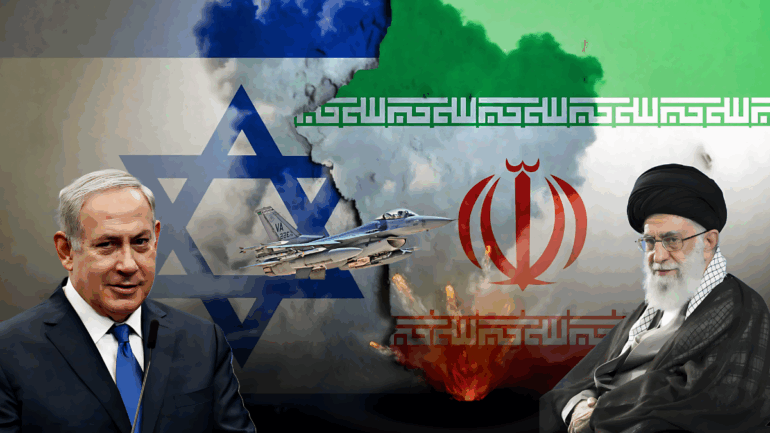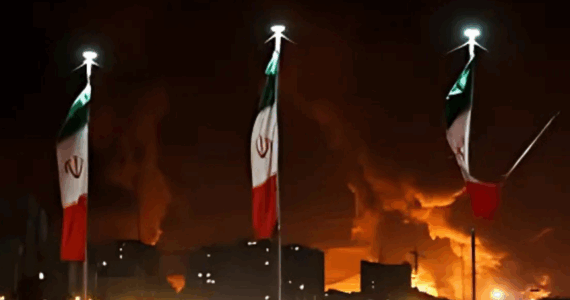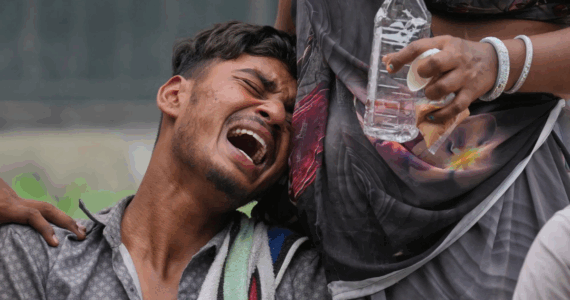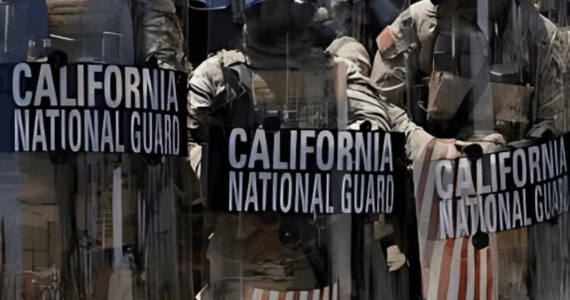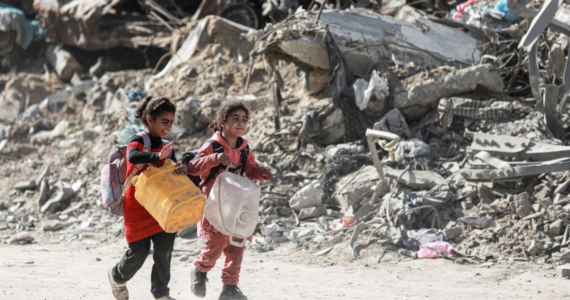Tensions in the Middle East have escalated sharply as Israel launched a surprise military operation against Iran early Monday, dubbed Operation Rising Lion. The move comes amid growing fears of a regional war, as geopolitical rivalries, proxy conflicts, and retaliatory strikes spiral beyond diplomatic control.
What Is Operation Rising Lion?
According to Israeli defense officials, Operation Rising Lion was a targeted air campaign aimed at what they claim are military installations in Iran used for developing drone and missile technology. The strikes reportedly hit multiple locations across Tehran, Isfahan, and Shiraz. Explosions were heard overnight, and local Iranian authorities have confirmed casualties, though the full extent remains unclear.
Israeli Prime Minister Benjamin Netanyahu said the attacks were “preemptive and necessary,” citing “imminent threats” from Iran-backed proxies and weapon transfers to Hezbollah in Lebanon and the Houthis in Yemen.
Why Now?
The operation follows weeks of rising tensions, including:
- A suspected Iranian cyberattack on Israeli infrastructure
- Clashes between Israel and Hezbollah along the Lebanon border
- Continued unrest in Gaza
- Iran’s increased military ties with Russia and China
U.S. intelligence sources suggest that Israel had been planning a limited strike for months, but the timeline was accelerated after Iran was seen transporting ballistic missile components through Syria.
Iran’s Response
Iran’s Foreign Ministry has condemned the strike, calling it “an act of war” and promising “severe consequences.” Ayatollah Khamenei has called for “resistance on all fronts.” Iranian media is already broadcasting images of damage and civilian injuries.
Tehran’s allies—particularly Hezbollah and armed groups in Iraq—are now signaling potential coordinated retaliation. Cyberattacks and rocket strikes on Israeli positions are widely expected in the coming days.
Regional and Global Reactions
The United States has urged restraint on both sides but reiterated its “ironclad support” for Israel. However, U.S. military bases in the region have been placed on high alert.
The United Nations has called for an emergency Security Council meeting, warning that the region is “on the brink of full-scale conflict.”
Russia and China, both allies of Iran, have condemned Israel’s actions, while European Union leaders are scrambling to prevent a broader war that could disrupt global oil markets and migration flows.
Why This Is a Crisis
This attack represents one of the boldest moves in the long-simmering Israel-Iran conflict. While both nations have engaged in covert operations, assassinations, and cyberwarfare for years, Rising Lion marks a rare direct military confrontation.
The biggest risks:
- Escalation into a regional war involving Lebanon, Syria, Iraq, and possibly Gulf states
- Further destabilization of oil and gas markets
- A new refugee wave from conflict zones
What Happens Next?
Military analysts say the next 48–72 hours are critical. If Iran retaliates directly or activates its regional proxies, Israel may launch a broader campaign, drawing the U.S. and other global powers deeper into the conflict.
Diplomats across Europe and the Arab world are now scrambling to reopen backchannel talks, but with trust at a historic low and nationalist politics on the rise, peace may be a distant hope.
Conclusion:
The launch of Operation Rising Lion may mark a turning point in the decades-long shadow war between Israel and Iran. What began as a limited strike could become a historic flashpoint in Middle Eastern—and global—security. As the world watches, the stakes have never been higher.
Follow MEFeater for ongoing updates on this developing story.
What are your thoughts on Operation Rising Lion and the rising tensions in the Middle East? Drop your comments below and join the conversation.
Follow MEFeater on Twitter, Instagram, Facebook, and Pinterest for the latest headline news.


